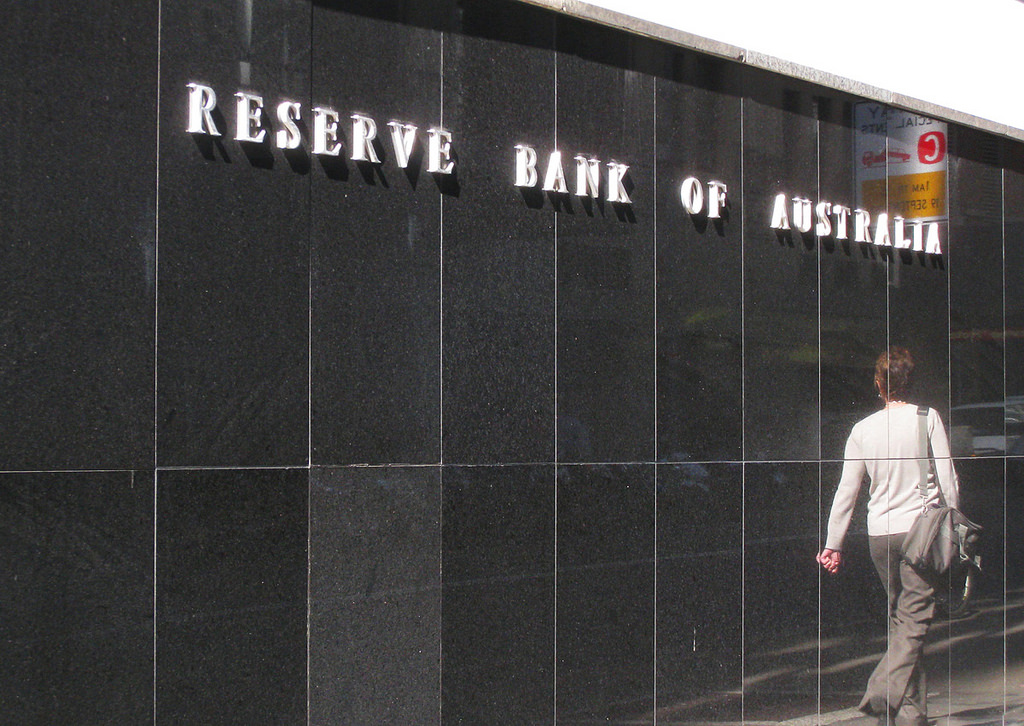 Interest rates are the cost of money when borrowed or loaned, and are used to control inflation and economic growth. But why do interest rates rise and fall, and how can they affect you?
Interest rates are the cost of money when borrowed or loaned, and are used to control inflation and economic growth. But why do interest rates rise and fall, and how can they affect you?
Who controls interest rates?
Movements in official interest rates are determined by the Reserve Bank of Australia (RBA). Their objective is to ensure that price growth (inflation) remains low and stable and it uses ‘monetary policy’ to do this. Monetary policy involves either increasing the cost of money (interest rates) to slow the economy down, or lowering the cost of money to encourage spending which promotes economic growth.
The official cash rate
One of the ways the RBA manages the rate of growth of the economy is by making changes to the interest rate it charges financial institutions, commonly referred to as the ‘official cash rate’. This cash rate feeds through to financial products which have variable interest rates, such as savings accounts, cash management trusts, variable rate mortgages and personal loans. It also impacts cost of funding for the banks.
Consumer Price Index (CPI)
The RBA monitors inflation through the Consumer Price Index (CPI) which measures price changes on a basket of goods and services that a typical consumer would buy. A rise in inflation can lead to a rise in interest rates. While low inflation can allow the RBA to lower interest rates. The RBA targets inflation to be between 2% and 3% over the economic cycle. If inflation is towards the top end of this band or above it and rising, this is a signal that the RBA may lift the official cash rate. While if inflation is at the low end of this band and other indicators such as growth and employment are weaker, this could signal the RBA may cut the official cash rate.
How do interest rate changes affect investments?
Interest rates rises are generally good news for people with savings. For those looking to invest in term deposits or bonds, an increase in interest rates will generally mean higher rates of return. Term deposits usually offer higher returns in a rising interest rate environment and lower returns in a falling interest rate environment. This is the reason investors may hold a diversified investment portfolio including asset classes, less sensitive to immediate interest rate changes.
For those holding fixed interest investments such as government and corporate bonds, interest rate increases may mean the value of these bonds will decrease. This is because the capital value of a bond falls as interest rates rise. While lower interest rates can mean an increase in the capital value of these bonds, any new money invested in bonds will occur at lower interest rates and the yield or return you receive will be lower in the future.
Also, as Australian interest rates rise, the Australian dollar generally strengthens against other currencies, as overseas investors are attracted to a higher yield, driving up demand for the Australian currency. In the same way, this can reduce the returns from global shares for Australian investors.
When interest rates fall, the Australian dollar usually weakens making Australian commodities and exports more affordable for offshore buyers.
How do interest rate changes affect you?
The benefits of an increase in interest rates include:
- increases the cost of mortgage interest payments
- reduces personal disposable income
- increases incentive to save rather than spend
- strengthens the value of the Australian dollar
- reduces consumption and investment.
The consequences of a decrease in interest rates include:
- makes mortgage interest payments more affordable
- increases personal disposable income
- encourages spending
- weakens the value of the Australian dollar
- encourages investment in property.
You should ensure you have a good understanding of interest rates and regularly review how the latest interest rates affect your investments to make sure you stay on track with your investment strategy.
At Venture, we can help you ensure your portfolio is diversified across the main asset classes to reduce the impacts of changing interest rate. Give us a call on 03 5434 7600.